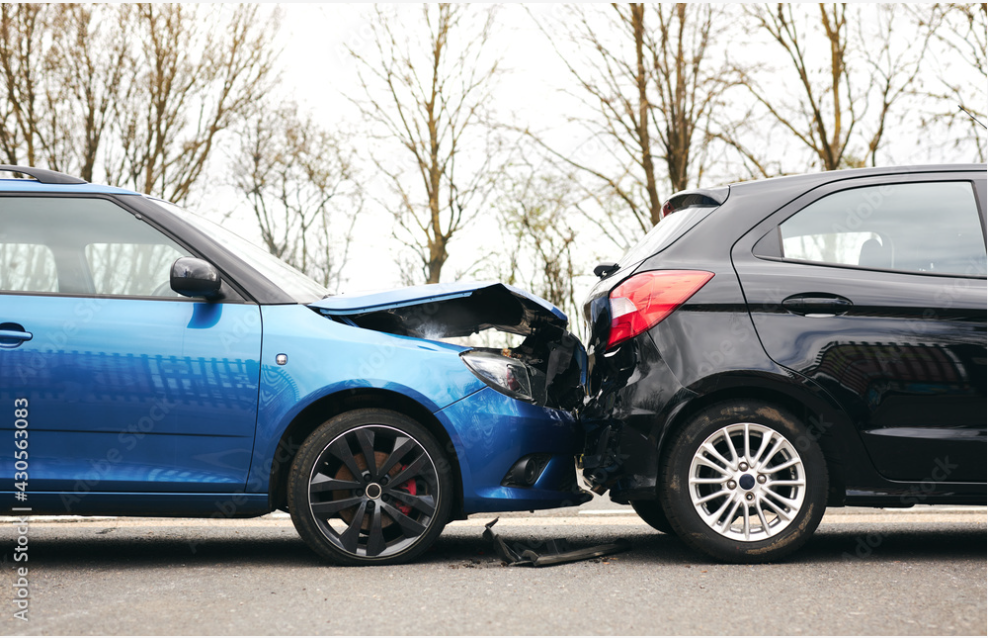By Dr. Geoffrey Wango (OGW)
Driving is highly linked to the brain, including how alert the brain is and the amount of sleep we get. Psychologists have established that how effectively an individual wakes up after a night’s sleep is determined by how well the person slept. Sleep also regulates the level of alertness of the brain.
This includes whether the person has activated their psychological and physical activity. For example, having a breakfast rich in carbohydrates and a lower blood glucose response after breakfast helps. In addition, individual daily alertness is related to the quantity of sleep as it affects the psychological and emotional state.
Psychologists have established that there is a need to wake up feeling fresh and rejuvenated. This turns attention to how effectively an individual wakes up in the morning and in effect regains alertness after a night’s sleep. This is determined by how well the person slept, and this too is affected by the level of physical activity the previous day.
In essence, the driver’s alertness or inability to maintain adequate levels of wakefulness is a major cause of road traffic and occupational accidents. This is because the driver is even more likely to take a nap. As the driver is not alert, they are impaired in decision making including daydreaming, all of which are often associated with stress and insufficient sleep. The fatigue and drowsiness will lead to multiple errors such as poor distancing, poor approximation of distance and steering off the road.
Sleep inertia is a physiological state of impaired cognitive and sensory-motor performance present immediately after waking up. It continues during the transition from sleep to wakefulness. Sleep inertia is marked by feelings of drowsiness and general disorientation leading to lowered mental and physical activity. In essence, it can lead to and is a major cause of injury, minor and major accidents and even death.
Driver alertness transcends to good driving and the opposite is true, the driver’s lack of alertness leads to sleep inertia. Alertness is highly significant for all professionals especially those performing more intricate assignments including pilots, military personnel, drivers and healthcare workers. This is because alertness increases reaction time and a improves attentiveness.
Transcending sleep and alertness When a person is sleep deprived, the mind easily reenters into sleep as a viable route to reduce mental and physical fatigue. This can, and induces sleep inertia. The obvious way to overcome sleepiness is to avoid sleep deprivation. Additionally, if you are feeling sleepy, you can take a nap of 15 – 30 minutes in a safe place such as safe parking, hotel or petrol station.
Natural morning light greatly reduces sleep inertia. This is why it is advisable to start your journey in the morning when fresh and alert. If possible, do not drive alone for long distance. Avoid drinking alcohol and drugs while driving. A driver can also minimize the effects of sleep inertia through mild sound like playing moderate music in the vehicle.
There are several factors that determine our effectiveness in regaining alertness after sleep and maintaining our attentiveness throughout the day, especially for a driver. Firstly, it is the amount of sleep, and 6 – 8 hours is essential, especially after a long tiring day. Secondly, there is a need to reduce or altogether avoid smoking, alcohol and drugs as they impair sleep and vigilance.
Thirdly, improved nutrition and staying hydrated relaxes the body. Fourthly, adopt a good posture. Also, it is important to stop at certain safe spots and stretch as this improves your mood and alertness. Avoid overeating as it makes you sleepy in the driver’s seat. Finally, the happier you are, the more alert you feel and this certainly implies that you are alert and attentive on the road and in your life.
Dr Geoffrey Wango is a Senior Lecturer in Counselling Psychology at the University of Nairobi, Kenya. Email. gwango@uonbi.ac.ke
